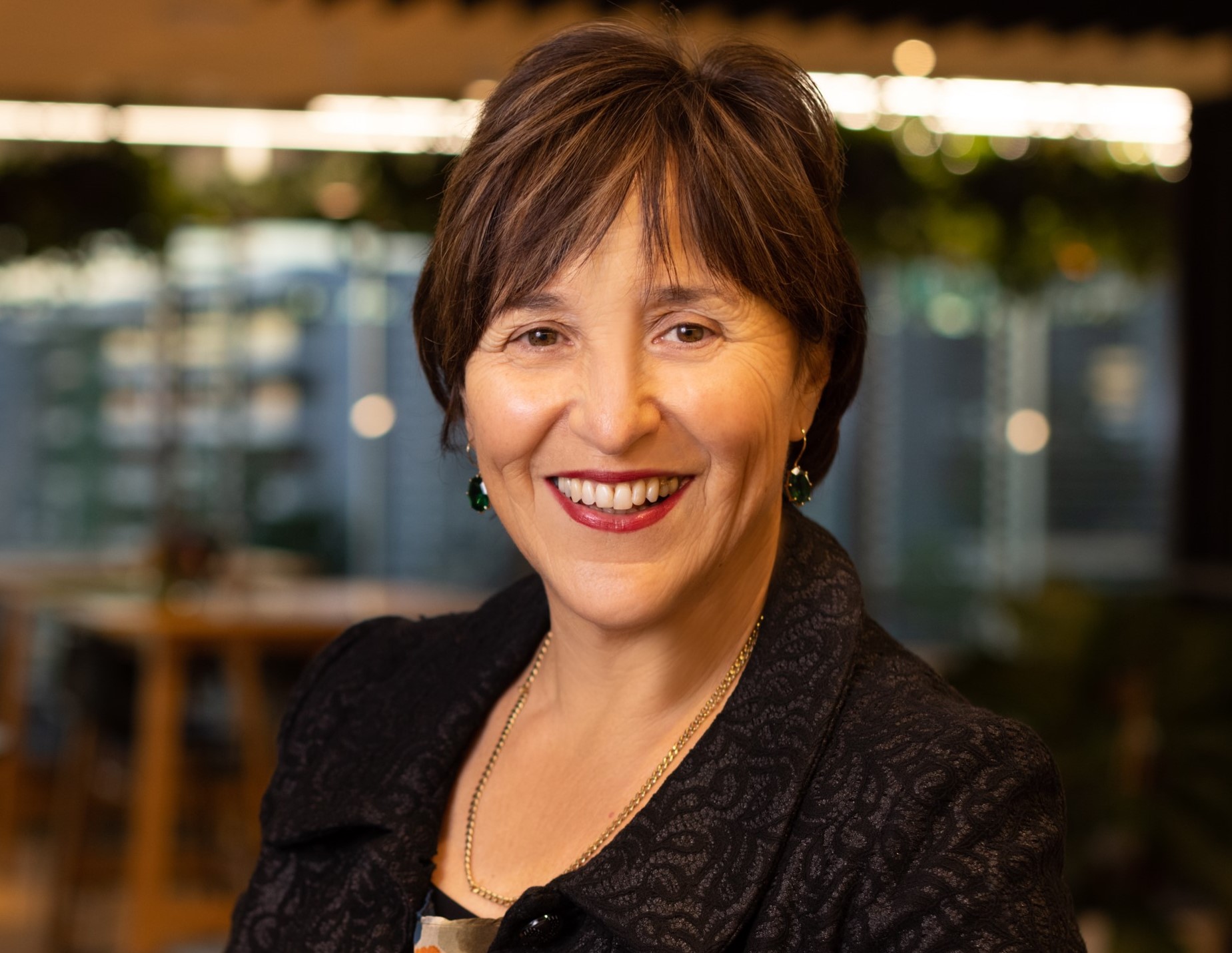Africa: connected and ready for business
New Zealand’s Trade Commissioner for Africa, Haylon Smith, takes you on a tour around the African continent to highlight the progress and help identify market opportunities. Which region springs to […]
New Zealand’s Trade Commissioner for Africa, Haylon Smith, takes you on a tour around the African continent to highlight the progress and help identify market opportunities.
Which region springs to mind when you hear of medicines delivered by drone, the rapid rise of premium supermarkets and countries with GDP growth rates over eight percent?
Africa might not be your first guess, yet with its expanding middle class and the fastest population growth rate in the world, the continent is experiencing significant development. Taken together Africa would be our fifth biggest export market, and despite its size, this is exactly how many New Zealand companies think of Africa: as a single, giant opportunity, rather than a variety of wildly different markets.
If you look at how our approach to Asia has evolved, we no longer say ‘we’re exporting to Asia’ as we’ve developed a more sophisticated understanding of the individual markets. In time, New Zealand businesses will be discussing Egypt and Nigeria in the same way we currently talk about Singapore and Malaysia.
What do countries like Egypt and Nigeria offer?
Egypt, Nigeria and South Africa, known as the ‘Three Giants’, have surprisingly high disposable incomes, strong population growth rates, relatively stable governments, well established distribution networks and long standing multinational presence.
This doesn’t necessarily mean that the path in these countries is well trodden; Nigeria might be a true regional powerhouse, yet there is currently very little New Zealand presence.
However, as the most populous nation in Africa with 190 million people and growing, Nigeria is set to remain a strong market for New Zealand commodity products like milk powder and butter, and it’s a promising market for frozen seafood.
South Africa, already fairly familiar to New Zealand due to our shared love of cricket and rugby, and the high number of South African expats in New Zealand, is competing with the likes of Kenya to become the tech hub of the continent.
Currently a fast growing market for the likes of Xero, South Africa’s ICT sector is the largest and most advanced market in Africa.
Egypt’s economy has grown beyond its traditional agriculture base and today the oil and gas, pharmaceutical, and consumer goods industries make a significant contribution to the country’s economy. As one of the most developed and diversified economies in the region, there are some exciting, but challenging opportunities outside the enormous infrastructure developments in Egypt in areas like clean technology, food processing and manufacturing, and ICT.
As well as the Three Giants, NZTE is focused on 13 other countries across Africa, which are most promising for New Zealand exporters.
Forget what you think about Africa
In a region where the average age is 19, technology is driving Africa to leap-frog the traditional path of progress that Western countries have experienced. Across Africa nations are skipping credit cards and moving straight to mobile payment solutions, and bypassing solid-state storage to access the cloud.
Jumia, sometimes called the African Amazon, has revolutionised e-commerce on the continent and is now available in 23 countries.
Zipline, meanwhile, delivers medicine via drone in areas of Rwanda, where the terrain is too difficult or expensive to access by truck.
Amongst our own innovators on the continent, Blackhawk Tracking Systems provides GPS software that helps lenders locate vehicles bought through car loans and even disable them remotely if needed, whilst Christchurch based Seequent, has developed 3-D geological modelling software now supporting construction and mining exploration in many emerging African markets.
Despite the technological progress in some areas, the traditional marketplace and informal economy still plays a big part in the overall African economy. The majority of retail sales happen through independent sellers and store owners, where customers buy what they want, when they need it – from a single razor blade, to a sachet of shampoo or ketchup.
But with the right packaging and a focus on building strong brand recognition, this retail model won’t necessarily affect a company’s potential profitability. Supermarkets, and even hypermarkets, do exist and are growing as major international brands invest in places like Kenya, South Africa, and Nigeria.
Internationalising is never easy
Doing business in an African country is rarely easy. There is corruption to contend with, as well as bureaucracy, and challenges in managing logistics and securing payment; but one of the biggest hurdles is getting to grips with the sheer scale and diversity of Africa.
Wealth and higher disposable incomes can be limited to certain cities, or even certain suburbs within these cities, so it’s important to build a strong understanding of your target market.
Success in Africa requires a healthy dose of realism combined with plenty of optimism. Yet New Zealand success stories are happening all the time – in dairy, software, security, agri-tech, construction – and we will see more of them in the future.
Want to know more about the opportunities in Africa?
NZTE is hosting a series of seminars at its offices in Auckland, Hamilton, Wellington and Christchurch on the following days:
Wednesday 11 April 2pm – Hamilton
Friday 13 April 9am – Auckland
Monday 16 April 11am – Christchurch
Wednesday 18 April 10am – Wellington
Email [email protected] (link sends e-mail) to find out more.
Photo: Wholesale fruit market in Nigeria. This narticle first appeared at www.ExporterToday.co.nz






